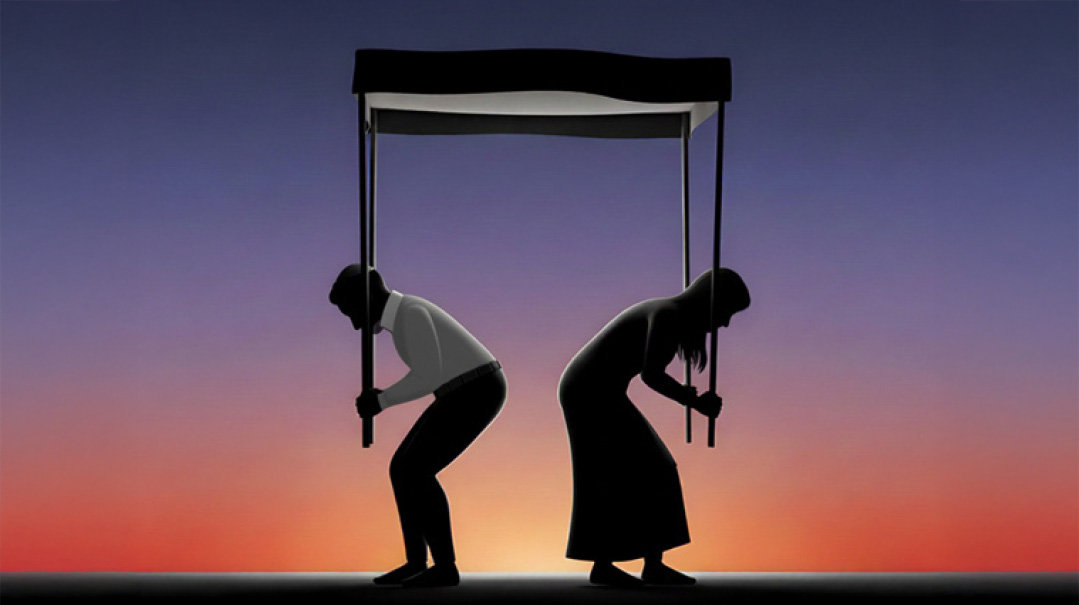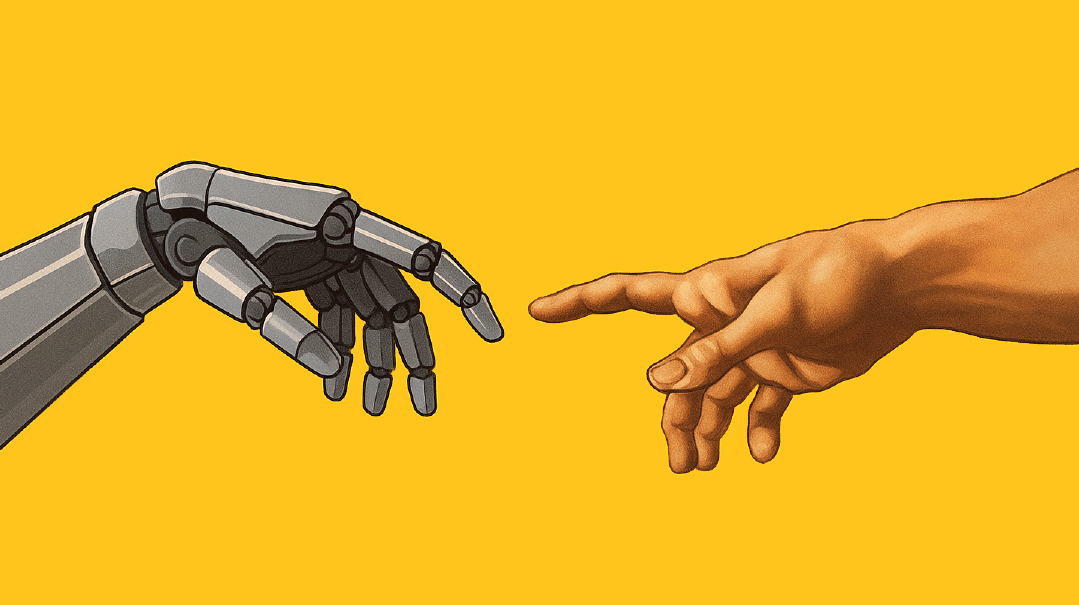Invisible but Integral

It’s very humbling to dedicate your creativity, contact list, and analytical skills to someone else’s work

Last week one of our editors stopped at my desk. He was clearly frustrated. “I’m trying to figure out where yesterday went,” he said. “I wanted to get ahead with my own writing but I spent so much time helping other people write.”
Another editor I work with tells me at least once a year that she wishes she could do more writing of her own. Her time is rationed, and most of it is spent midwifing other people’s work.
A very incisive member of our team had a clever way to frame the dilemma: The way she put it is that when we ask a really talented writer to become part of the editorial team, we risk losing a writer. Yes, a good editor can bring in more pieces from more contributors, but it also means they will be helping others produce rather than producing their own work.
In one sense, it’s a smart shift. One gifted writer can provide only so much copy per year. A gifted editor can juggle multiple assignments with multiple writers and nudge along lots of pieces simultaneously.
But it also can get frustrating. We tend to measure output with concrete achievements — this article, that piece, this column, that story. But an editor’s work isn’t easily quantifiable.
E
ditors exist in that murky space between potential and actual. Their job is to take half-ideas and nebulous kernels, match them with the right writer, and support that writer through the process of creating something out of nothing.
True, the editors aren’t the ones doing the actual research, interviewing, or writing. They aren’t delicately navigating the interview, transcribing recordings, researching background and context, and doing that very painful work of building something strong out of all those unwieldy pieces.
But good editors do play an integral role in the process. They might spend hours directing and encouraging writers, developing other people’s ideas into proper pitches and outlines, hunting down sources and brainstorming with other contributors.
Then, after a draft is written, they swing back into action. They might mark up material with comments and suggestions, so the second draft will truly shine. They’ll note where the piece is flowing well, a really great lead, a fantastic story — and also suggest new leads or conclusions, improve the structure or language, recommend changes or additions or deletions.
Still, after all that investment, the editor is not the writer of the piece. That’s not their role. So when the material finally crosses the line from the screen to the printer, from pixels into physical pages, the editor’s name isn’t going to be there. Hopefully their voice won’t be there either — because as much as good editors leave vague fingerprints on the pieces they shepherd to print, they are only truly successful if they stay in the background and allow writers to maintain their voice.
WE
joke that this job is great avodas hamiddos for anyone with a big ego. It’s very humbling to dedicate your creativity, contact list, and analytical skills to someone else’s work. But it’s also empowering and exciting to help another person create a quality piece. And there’s a sweet satisfaction when you can introduce a talented writer to tricks or techniques that make their writing that much better.
So if you’re an editor, and you’re struggling to answer the question, “I don’t see your name in print very often — what is it that you actually do?” then maybe try this answer: “I help other people produce their best work.”
It might not sound so glamorous, it might not win you recognition when readers page through the magazine, it definitely won’t get you any name-drops during Shabbos meal conversations. But if you do your job properly, then it’s the truth.
Shoshana Friedman
Managing Editor
(Originally featured in Mishpacha, Issue 930)
Oops! We could not locate your form.







